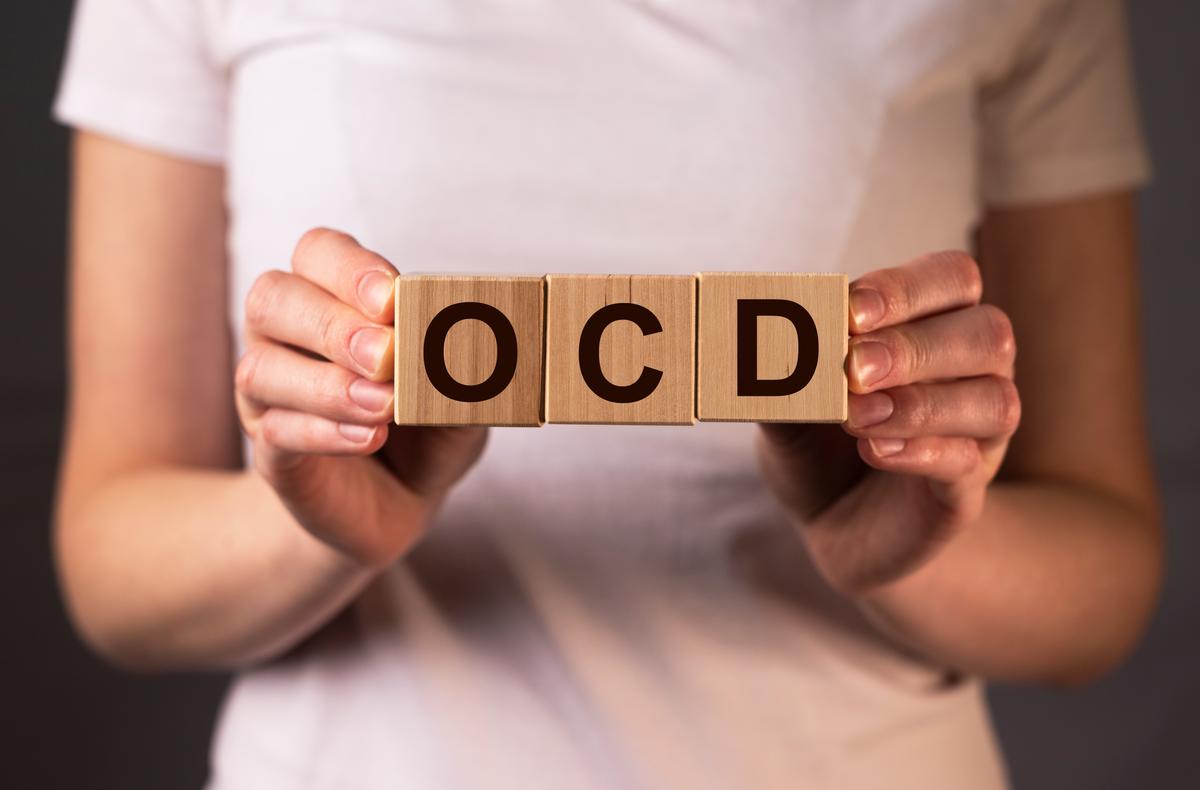Obsessive-Compulsive Disorder (OCD): Symptoms, Diagnosis, and Treatment
Obsessive-Compulsive Disorder, commonly called OCD, is a prevalent mental health condition characterized by recurring, distressing, intrusive thoughts (obsessions) and repetitive behaviors or mental acts (compulsions) performed to avoid the anxiety caused by these obsessions. In this blog, we will discuss OCD in detail, including its symptoms, diagnosis, and available treatments.
SYMPTOMS of Obsessive-Compulsive Disorder (OCD)
A)Obsession:
OCD is defined by the presence of intrusive and consistent thoughts, images, or urges that cause distress and uneasiness. Common obsessive symptoms include fear of contamination, fear of causing harm to others, intrusive sexual or religious thoughts, and an overwhelming need for symmetry or perfection.
B)Compulsions:
Compulsions in OCD refer to repetitive behaviors or mental acts that individuals engage in to reduce anxiety or prevent a feared event. Typical compulsive actions include excessive handwashing, repetitive checking of locks or appliances, counting rituals, or repeating specific phrases.
C)Time-Consuming:
OCD rituals can consume a substantial amount of time each day, significantly disturbing daily life and routines.
D)Impairment:
The impact of OCD on daily functioning can be profound, leading to difficulties at work, in school, or within personal relationships due to the preoccupation with obsessions and compulsions.
DIAGNOSIS of Obsessive-Compulsive Disorder (OCD)
Diagnosing Obsessive-Compulsive Disorder requires a thorough assessment by a qualified mental health professional, typically a psychiatrist or psychologist. The diagnostic process involves the following steps:
Clinical Assessment:
A comprehensive interview is conducted to assess the nature and severity of OCD symptoms, their impact on daily life, and the presence of any coexisting conditions.
Psychological Evaluation:
Standardized assessment tools, including the Yale-Brown Obsessive Compulsive Scale (Y-BOCS), may be employed to gauge the severity of OCD symptoms.
Rule Out Other Conditions:
It is crucial to rule out other mental health conditions that may present symptoms resembling OCD, such as generalized anxiety disorder or hoarding disorder.
TREATMENT of Obsessive-Compulsive Disorder (OCD)
Cognitive-Behavioral Therapy (CBT):
Cognitive-behavioral therapy, with a focus on Exposure and Response Prevention (ERP), stands as the foremost treatment for OCD. ERP involves systematically exposing individuals to their obsessions while preventing them from engaging in compulsive behaviors, ultimately reducing anxiety and enabling better control over symptoms.
Medication:
Selective Serotonin Reuptake Inhibitors (SSRIs) such as fluoxetine (Prozac) and sertraline (Zoloft) are frequently prescribed to alleviate OCD symptoms. These medications may be used alone or in conjunction with CBT.
Deep Brain Stimulation (DBS):
In severe cases where other treatments have proven ineffective, Deep Brain Stimulation (DBS) may be considered. This approach involves the surgical implantation of electrodes within the brain to modulate neural circuits associated with OCD.
Lifestyle Changes:
Complementary strategies, such as regular exercise, stress management, and a balanced diet, can enhance the effectiveness of OCD treatment by promoting overall mental well-being.
CONCLUSION
Obsessive-Compulsive Disorder (OCD) is a challenging mental health condition, but with appropriate treatment and support, individuals can effectively manage their symptoms and lead fulfilling lives. Early intervention plays a pivotal role in preventing the worsening of the disorder. If you or someone you know is grappling with OCD symptoms, it is crucial to seek professional help. Remember, there is hope and effective treatment available for those dealing with Obsessive-Compulsive Disorder.

